Ketamine Assisted Psychotherapy
Consent Form
Consent Form for Ketamine Assisted Psychotherapy (KAP) Treatment
*************************************************************************************
Your mental health provider has recommended treatment with a drug called KETAMINE.
Ketamine is approved by FDA for anesthesia, a drug that induces deep sleep and reduces pain during surgery. The dose of ketamine used in surgery is much higher than the dose you will receive. At sub anesthesia doses (doses below the amount necessary for anesthesia), ketamine is useful in the treatment of bipolar and unipolar depression, anxiety disorders, post-traumatic stress disorders, and certain pain disorders.
Ketamine’s antidepressant effect has been reported to be rapid in some, but not all, patients who are depressed or have suicidal thoughts.
Ketamine is not approved by the U.S. Food and Drug Administration (FDA) for the treatment of psychiatric conditions. However, it has been studied extensively in the treatment of depression, post-traumatic stress disorder, anxiety, and pain. Its use to treat these conditions is considered “off-label.”
We recommend Ketamine-Assisted Psychotherapy 1-2 times a week for a total of 6 treatments.
Ketamine Compounded Preparation
The Ketamine used in your treatment is compounded at Austin Compounding Pharmacy and People’s Pharmacy. We work closely with these pharmacies to assure the quality of the ketamine product. Any concerns may be submitted to either the pharmacy or the mental health provider. If any product is recalled for any reason, you will be notified immediately.
What can you expect during the treatment?
Prior to your receiving ketamine, you will be examined to determine if ketamine is safe for you. This will include a medical exam and laboratory testing as needed.
Patients with certain heart conditions, uncontrolled high blood pressure, raised intracranial or intraocular pressure, or breathing conditions may not be eligible for treatment with ketamine.
Patients at risk for bladder problems (urinary incontinence, interstitial cystitis) may not be eligible for treatment with ketamine
Patients on MAOI antidepressants during the last 2 weeks, high doses of opioids, or high doses of benzodiazepines are not be eligible for treatment with ketamine
Women who are pregnant or who may become pregnant are not eligible for ketamine.
Many patients who are abusing drugs or have a history of drug abuse may not be eligible for ketamine.
Each ketamine appointment will take approximately 2 hours from beginning to end.
ARRIVAL (15 minutes): On arrival, your vital signs (heart rate and blood pressure) will be assessed. You will also be given tests to measure your mood. These will be repeated periodically during your treatment. Ketamine will then be given intranasally, orally, or sublingually. It will take a few minutes before the effects of Ketamine start working.
KETAMINE ASSISTED PSYCHOTHERAPY (60 minutes): During the treatment, you will notice you feel different. Your defenses/ego may be relaxed and you may see yourself in a different light, hopefully with more positivity and compassion. Your therapist will guide you through imagery that may appear and through thoughts/emotions that occur about your past, present, and future. You may feel “dissociated.”
During your appointment, your heart rate and blood pressure will be monitored. We will make sure you are safe and comfortable throughout the experience.RECOVERY (45 minutes): After the treatment, you will remain in the recovery room to make sure that you have recovered and are safe to leave with your pre-arranged transportation.
You are advised not to drive for 24-hours after receiving ketamine. Therefore, you will need a driver or another pre-arranged from of transportation to return home.
What are the potential risks or discomforts of Ketamine treatment?
Side effects from ketamine treatment include dissociation, dizziness, nausea/vomiting, sedation, headache, high blood pressure, anxiety, or tiredness.
Ketamine is being used at sub-anesthesia amounts and delivered orally/intranasally/sublingually. While the dose of ketamine you will receive is generally well-tolerated, repeated doses may increase the risk of side effects.
Ketamine is a known recreational drug; in most cases it is swallowed or snorted at substantially higher dosages and often with other illicit drugs or alcohol. At the doses that ketamine is used for psychiatric indications, the chances for addiction and abuse are highly unlikely.
There are no known permanent psychological effects reported in patients experiencing the side effects described above. Tolerance (a decrease in effect) to ketamine may develop with repeated use or in susceptible individuals with pre-existing illnesses. Other side-effects, such as high blood pressure and a change in heart rate, can occur. You will be monitored for these effects during the ketamine treatment.
It is your right to have ketamine discontinued at any time during your treatment. If you have any additional questions about ketamine or your treatment, please ask your mental health provider.
